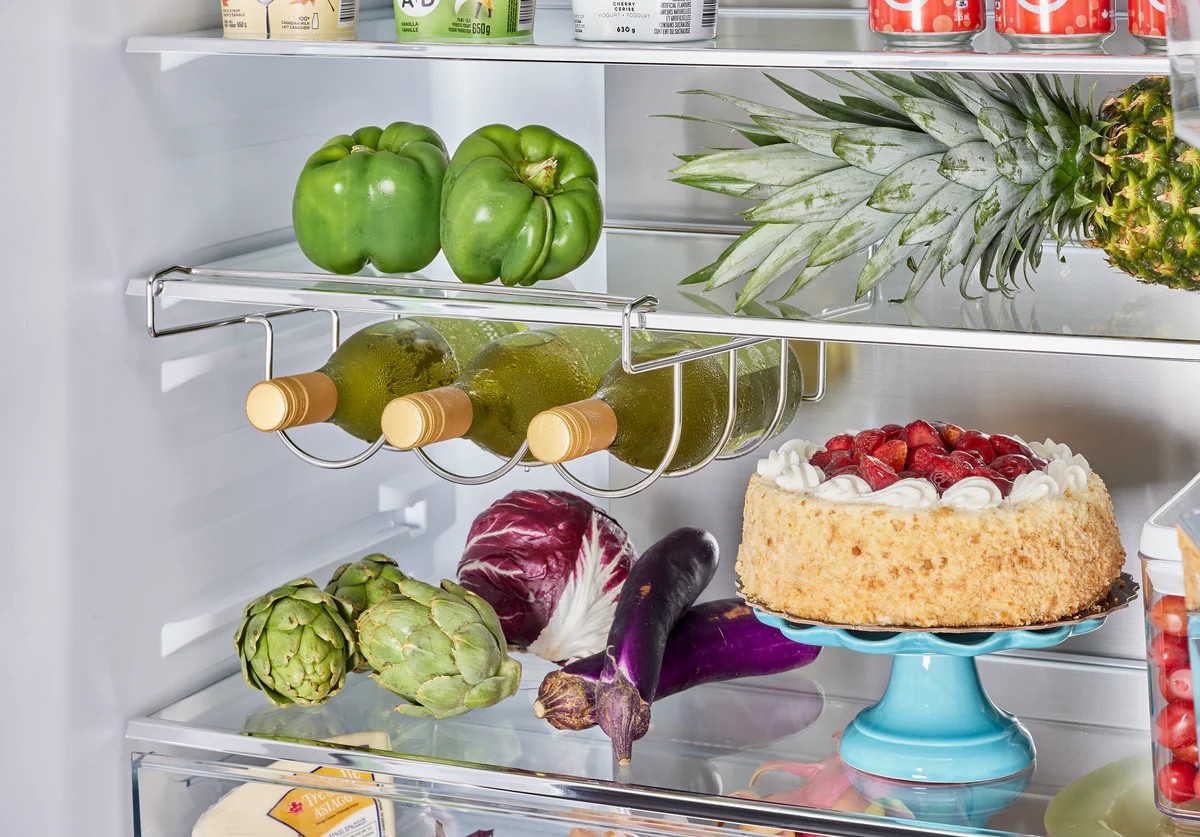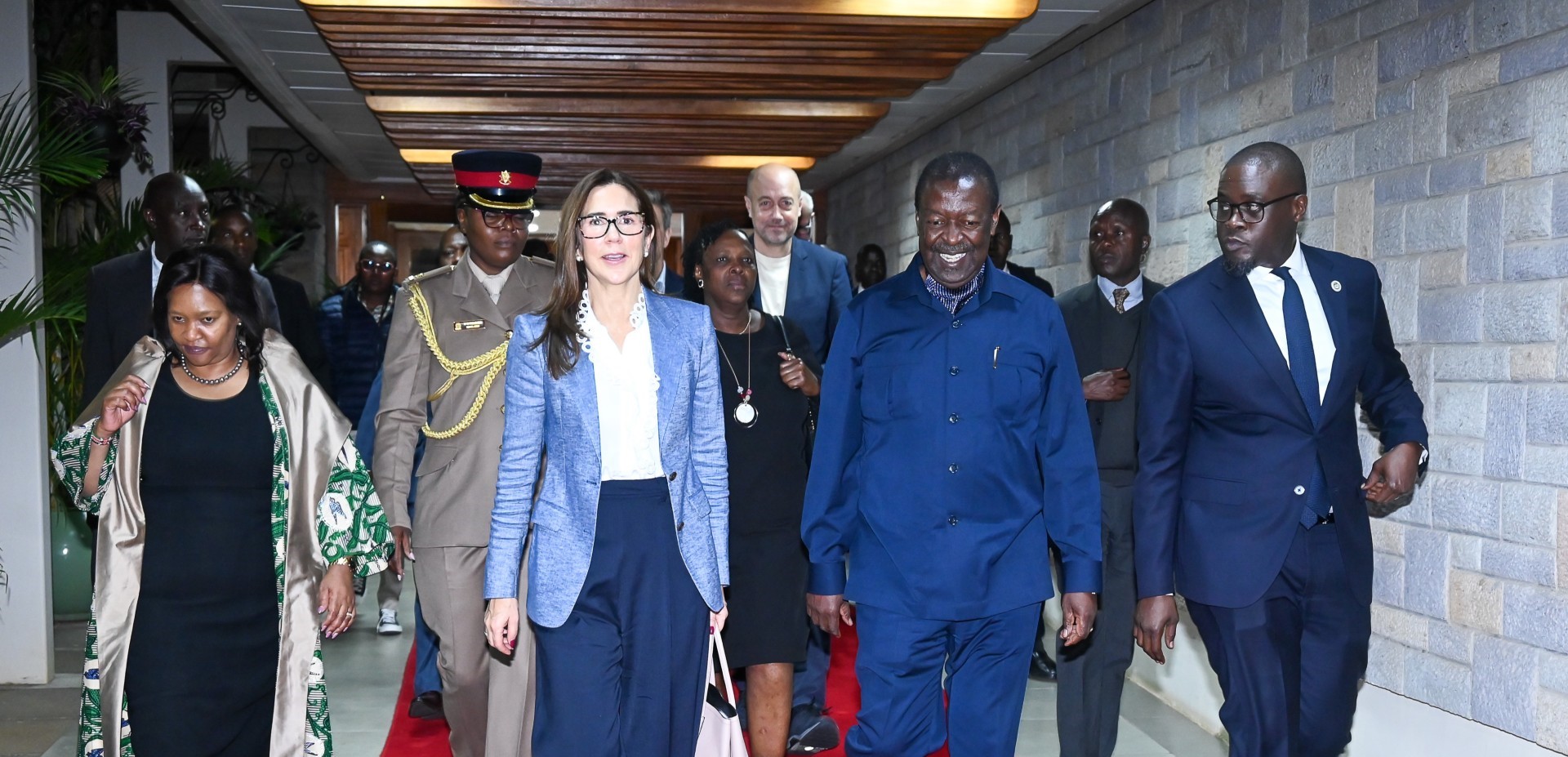- Globally, agreements like the Montreal Protocol and the Kigali Agreement of 2016 aim to curb the production of ozone-depleting substances. Kenya ratified the Kigali Agreement in 2023 and is actively working on its implementation through new policies.
Kenya is making strides in implementing green cooling solutions, which could significantly reduce ozone layer depletion and global warming. During a forum on climate change and cooling challenges on Jeff Koinange Live on September 11, 2024, experts discussed the benefits of green cooling and its potential to help the planet.
Green cooling involves using natural refrigerants that are safe for the ozone layer and climate in refrigeration and air conditioning systems. These energy-efficient appliances not only minimize CO2 emissions but also lower electricity costs for consumers, creating a win-win situation for both the environment and households.
Globally, agreements like the Montreal Protocol and the Kigali Agreement of 2016 aim to curb the production of ozone-depleting substances. Kenya ratified the Kigali Agreement in 2023 and is actively working on its implementation through new policies.
Linda Kosgei, head of Multilateral Agreements at the Ministry of Environment, Climate Change, and Forestry, highlighted the government's commitment to phasing down hydrofluorocarbons (HFCs) used in refrigeration and air conditioning. Through the National Environmental Management Authority (NEMA), Kenya is enforcing these agreements domestically.
“We have laws in place. NEMA is monitoring imports with the support of customs and partners like GIZ. We’ve provided training for customs officials to identify equipment that meets standards for natural refrigerants and high energy efficiency,” she stated.
Read More
Philipp Denzinger, project manager at the German International Cooperation (GIZ), emphasized their collaboration with the Ministry to implement these agreements. “We work with industries to train technicians, ensuring that HFC leakages decrease and promote green cooling equipment,” he said.
Eng. Joseph Rugut, a refrigeration engineer, pointed out that traditional refrigeration systems significantly contribute to climate change. “They are major contributors to gases that deplete the ozone layer and impact climate change,” he noted.
Rugut explained that engineers are now better equipped to facilitate a transition to green energy solutions. “As engineers, we must choose equipment that provides quality cooling without high energy costs,” he advised.
He urged engineers to undergo proper training to manage the lifecycle of refrigeration systems effectively. “Current regulations mandate that building designs meet minimum energy standards, promoting the use of renewable energy and natural cooling solutions,” he added.
According to Linda Kosgei, if government policies succeed, consumers will find it easier to choose green products. “Our import controls will ensure that when consumers shop, they find products that meet environmental standards,” she explained.
She encouraged consumers to recognize the benefits of green products and make informed choices. “Look for refrigerators and air conditioners with natural refrigerants. Awareness of energy efficiency labels is crucial,” she said.
Kosgei also called on those in the cold supply chain, such as supermarkets and butcheries, to transition to green cooling technologies. “We aim for a future with zero ozone-depleting substances in our markets,” she concluded.






